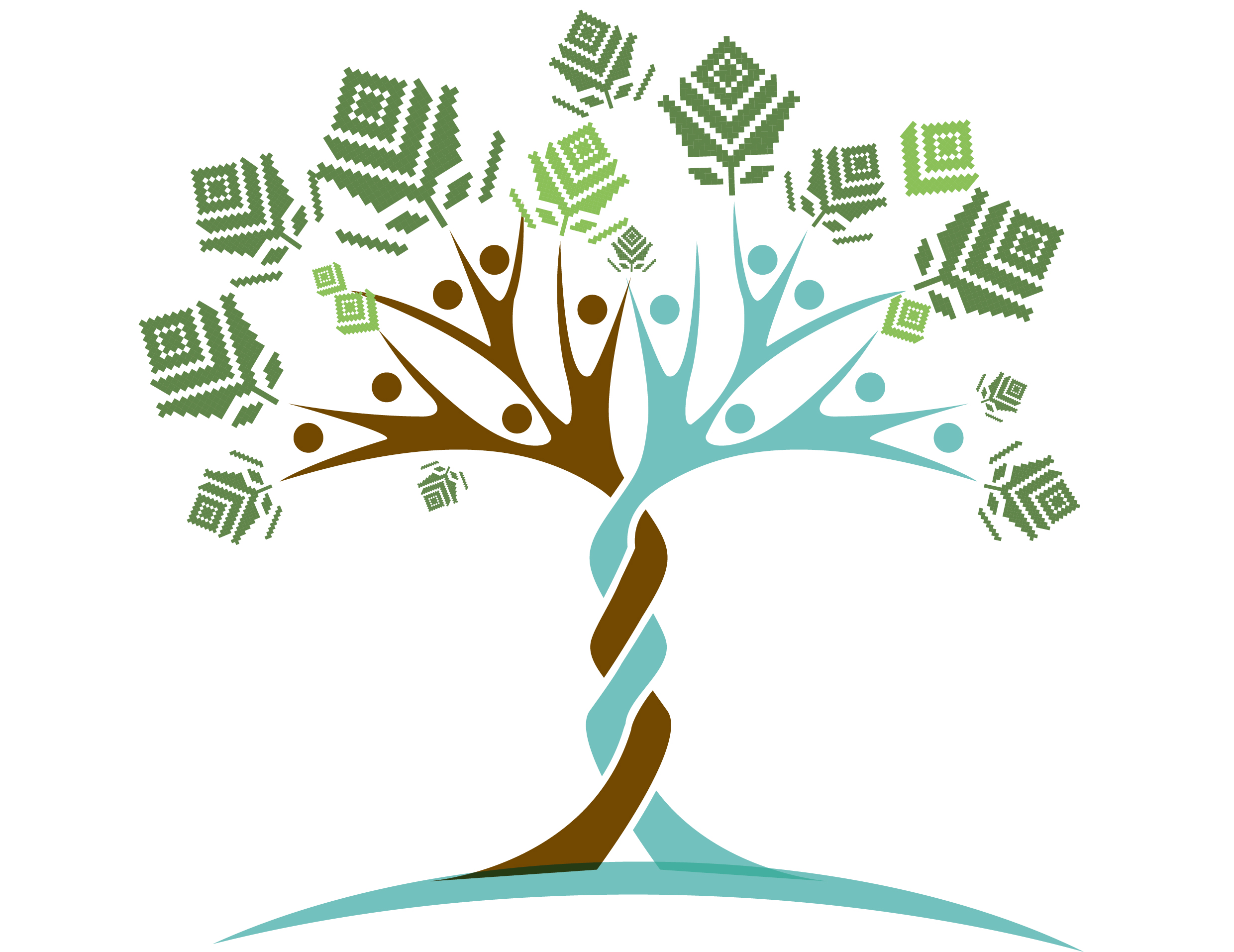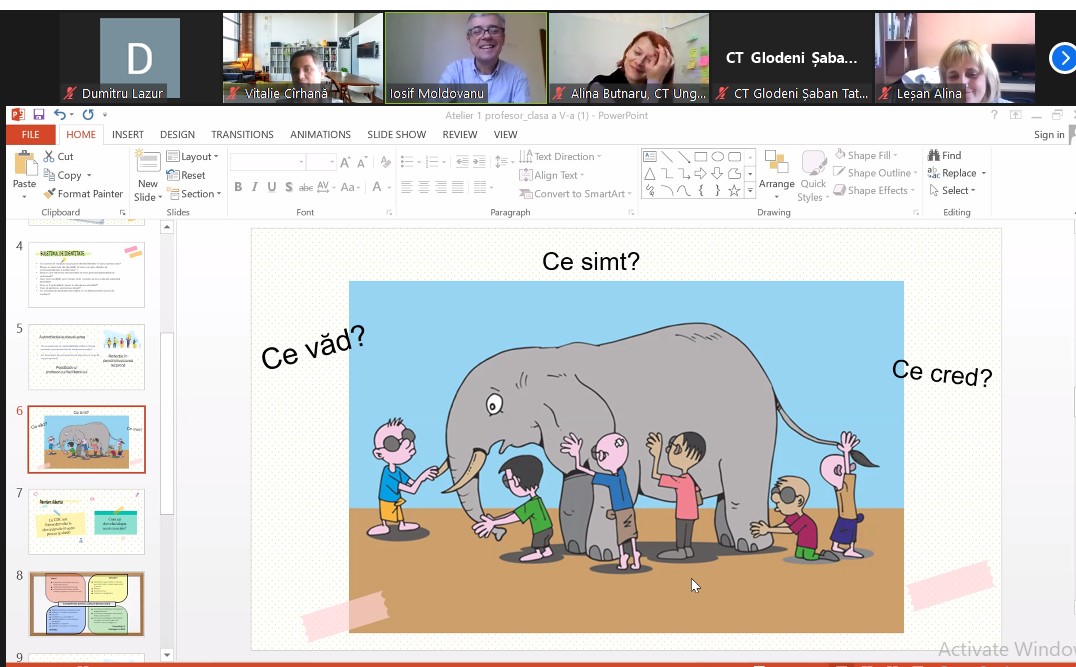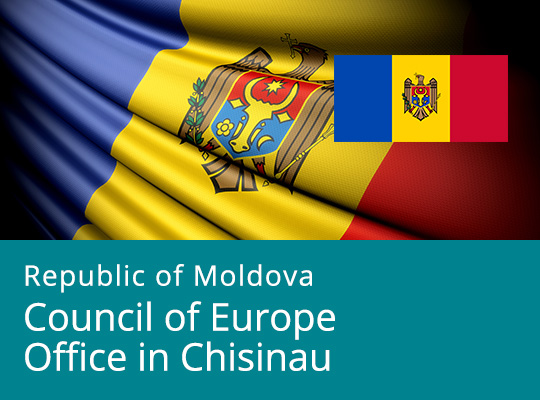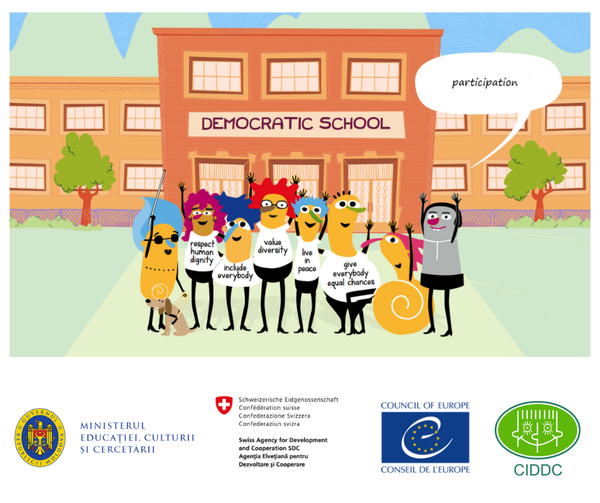22 youth workers have been trained on how to apply the Council of Europe’s Reference Framework of Competences for Democratic Culture (RFCDC) in non-formal education during a 3-day online seminar organised by the Council of Europe Project “Education for Democracy in the Republic of Moldova”, in cooperation with the United Nations Population Fund in Moldova.
The event was organised in the context of wider efforts to ensure coherence between the formal and non-formal civic education in the Republic of Moldova, and to support the application in practice of the Methodological guidelines on the organization of the educational process in the discipline Education for society for the years 2020-2021 and 2021-2022 adopted by the Ministry of Education and Research to facilitate the cooperation between schools and youth centres. Youth workers and teachers work towards the same goals and aim to develop the same competences, values and attitudes in terms of democratic culture, but often they do not have a clear understanding of the purpose of cooperation and the responsibilities of each in this process.
The national experts presented and discussed with the participants the concepts and assumptions underlying the RFCDC and the model of competences, as well as the implementation of the RFCDC in the Moldovan educational context.
The participants examined the role and responsibilities of youth workers and civic education teachers in developing schoolchildren’s competences which will prepare them for life as active and engaged citizens who can live peacefully together with others.
“We had the opportunity to reflect on and critically evaluate our activity as youth workers in a friendly online environment. Now I understand the model of competences and the role the youth center plays in developing schoolchildren’s competences for democratic culture”, Alina Butnaru of Ungheni Youth Center said.
The event was a first experience of connecting youth workers with the RFCDC approaches and principles. Follow up activities to build on this first exposure to the RFCDC of the youth workers will be developed, as well as activities to familiarize more closely the teachers and other formal education specialists with non-formal education approaches and tools.
***
The project „Education for Democracy in the Republic of Moldova” is implemented by the Council of Europe and is financed by the Swiss Agency for Development and Cooperation (SDC) in the framework of “Moldova: Fostering Active Civic Engagement” Programme.









